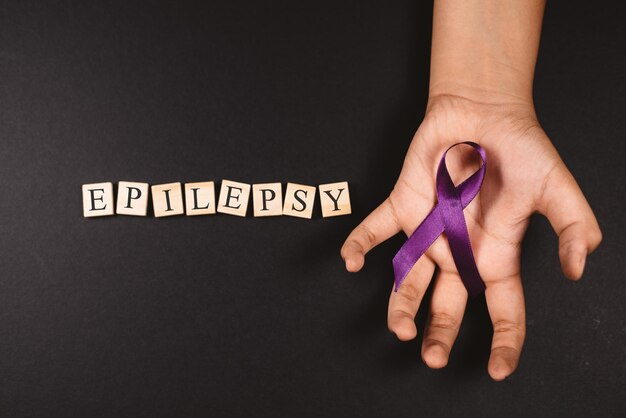Epilepsy is a neurological disorder characterized by recurrent seizures caused by abnormal electrical activity in the brain. Recognizing the early signs and symptoms of epilepsy can lead to timely diagnosis and treatment, which is crucial for managing the condition effectively. Here’s what to look for when considering the possibility of epilepsy.
1. Seizures
The most apparent sign of epilepsy is the occurrence of seizures, which can take various forms. Common types include:
- Generalized Seizures: These affect both sides of the brain and can cause loss of consciousness. Symptoms may include convulsions, muscle rigidity, and loss of bodily control.
- Focal Seizures: These begin in one area of the brain and can result in unusual sensations, movements, or emotional experiences. They may or may not lead to a loss of consciousness.
Observing any seizure activity is essential, as this is the primary indicator of epilepsy.
2. Aura or Warning Signs
Some individuals with epilepsy experience an “aura” before a seizure, which serves as a warning signal. An aura may involve strange sensations such as:
- Visual disturbances (flashing lights, blurred vision)
- Auditory sensations (ringing in the ears or hearing voices)
- Unusual smells or tastes
- Feelings of déjà vu or intense emotions
Recognizing these warning signs can help individuals prepare for an impending seizure.
3. Unexplained Confusion or Disorientation
Postictal confusion, or a period of disorientation following a seizure, is common among individuals with epilepsy. This confusion may manifest as difficulty concentrating, memory lapses, or an inability to respond to questions or stimuli.
4. Behavioral Changes
Changes in behavior or personality can be an early sign of epilepsy. Individuals may become irritable, anxious, or withdrawn. Parents may notice unusual behavior in their children, such as increased aggression or changes in mood.
5. Physical Symptoms
Before or after a seizure, some individuals may experience physical symptoms such as:
- Fatigue or sleepiness
- Headaches or migraines
- Muscle soreness or stiffness
- Nausea
These symptoms can sometimes be mistaken for other health issues, making it important to consider the context in which they occur.
6. Frequent, Unexplained Injuries
Individuals with epilepsy may sustain frequent injuries due to falls or accidents related to seizures. If someone is prone to unexplained bruises, cuts, or other injuries, it may be indicative of seizure activity that has gone unnoticed.
7. Absences or Staring Spells
In some cases, especially in children, epilepsy may present as absence seizures, characterized by brief episodes of staring or “zoning out.” During these episodes, the individual may appear to be unresponsive and may not recall the event afterward.
8. Sleep Disturbances
Sleep disorders, including excessive daytime sleepiness or difficulty sleeping, may also be associated with epilepsy. Poor sleep can exacerbate seizure activity, creating a cycle of increased frequency and severity.
Early recognition of the signs and symptoms of epilepsy is crucial for effective management and treatment of the condition. If you or someone you know experiences seizures or any of the related symptoms listed above, it’s essential to seek medical advice promptly. A healthcare professional can conduct appropriate evaluations, including neurological examinations and EEG tests, to determine the presence of epilepsy and develop a tailored treatment plan. Early intervention can significantly improve the quality of life for those affected by epilepsy, helping them lead fulfilling and active lives.










